Want to Learn More?
Genetic engineering is changing the future of health, medicine and crime scene analysis. Many new developments in science and medicine are the result of new and ongoing work with recombinant DNA technology. DNA fingerprinting uses the techniques of genetic engineering; new pharmaceuticals are developed with biotechnology; and inroads into cures for cancer and other diseases depend on genetic engineering leaving its mark.
Whether by cloning and over-expressing genes used for the treatment of disease, sequencing genes and studying their function, engineering plants to make them more resistant to disease, using microbiology to engineer bacteria and fungi to generate pharmaceuticals and biofuels, using stem cells to generate organs and treat disease, or using genetic markers to solve a crime, molecular biologists are making things happen. At Cedar Crest College, we see you contributing to this exciting field!
About Our Program
At Cedar Crest, we are proud to have one of the first genetic engineering programs in the country. Our program begins with a solid foundation in the breadth of biology, taking students from learning ecology to the amazing world of cellular biology. Our students build on this foundation through two years of intense upper-class coursework in molecular genetics and the applications of biotechnology.
Small courses with individualized attention from faculty help students gain extensive knowledge of the details of molecular biology and witness a glimpse into what graduate-level learning environments are like. Beginning in their first year and in state-of-the-art laboratories with the latest technology, students apply knowledge they’ve gained in the classroom to molecular experiments that test their abilities and prepare them to work independently post-graduation.
By the time students complete this program, they are prepared for:
- Immediate employment in industrial or university labs as technical personnel
- Advanced study at the master’s or Ph.D. levels in graduate schools
- Admission to professional schools of medicine, veterinary medicine, or dentistry
The genetic engineering major is offered through the Department of Biological Sciences. In addition to helping our students develop a strong understanding of molecular genetics and how molecular biology impacts various other fields such as oncology, gene therapy, immunology, medical genetics, etc., all coursework and laboratories emphasize reading, questioning, analyzing, and evaluating assumptions along with development in technical writing and oral presentation skills.
Upper-class students are required to demonstrate their knowledge as part of the capstone experience, during which they conduct an independent research project in a professor’s lab. At a minimum, students are required to develop their research proposal during their junior year, and spend at least two consecutive semesters, usually their entire senior year, conducting the research project. At the end of their senior year, students must present their research to the department in a seminar talk or a poster.
Customize Your Degree
In addition to the stimulating and challenging coursework within the genetic engineering major, you may choose an additional major or minor in order to explore your other interests and to make you more marketable to future employers. Many of our majors have added a minor in chemistry or global diseases or have double majored in our accredited forensic science program.
Program Mission Statement
The mission of the Genetic Engineering Program is to provide undergraduate women with an intensive, progressive, and balanced learning experience in cellular and molecular biology, emphasizing theory and laboratory skills. Students develop technical expertise that allows them to directly enter the workforce as laboratory technicians, supporting current research in fundamental biological phenomena as well as applied science fields. Alternatively, the leadership skills developed through independent and collaborative thinking, when combined with the solid background in molecular genetics, prepares students for graduate work in genetics, molecular biology, biochemistry, and other health-related disciplines. Regardless of their future direction, students are required to express their views effectively through written and oral communication, and engage in critical thinking activities that prepare all graduates for a lifetime of learning.
Thesis Requirements (Optional)
All students, particularly those who are interested in attending graduate school or obtaining a research-based job following graduation, are highly encouraged to participate in independent research, which may culminate in a thesis.
The thesis option begins during the student’s junior year, as part of Junior Colloquium (BIO 350). As part of their capstone project, all students who select a major from the department of biological sciences are required to develop a research proposal to investigate an original research question. This experience allows the students to go beyond the basic course information, select a problem that interests them, and apply what they have learned in their coursework to a novel situation.
As part of the thesis option, students will spend a minimum of two semesters working with a faculty member to conduct the research outlined in their proposal. They will then develop a written thesis detailing their project, and present their final project to the department in the form of a seminar talk or poster.
The title of a student’s thesis will appear on her transcript will appear on her transcript if she completes two semesters (4 credits) of Independent Research (BIO 353) and one semester (1 credit) of Senior Thesis and Presentation (BIO 354) with grades of C- or better.
Dive A Little Deeper
Upcoming Admissions Events
How To Apply
Ready to apply as an undergraduate student?

Accreditation
Cedar Crest College is accredited by the Middle States Commission on Higher Education; 1007 North Orange Street, 4th Floor, MB #166, Wilmington, DE 19801
Faculty & Staff
Who’s teaching you is as important as the curriculum you choose.
Let’s put a face to some of the names you’ll be seeing on the course listings!
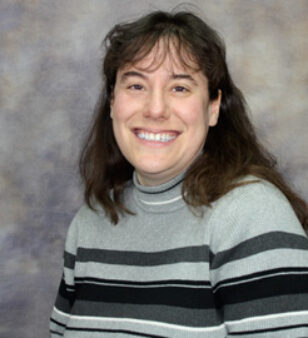
Audrey Ettinger
Chair of Biological Sciences; Associate Professor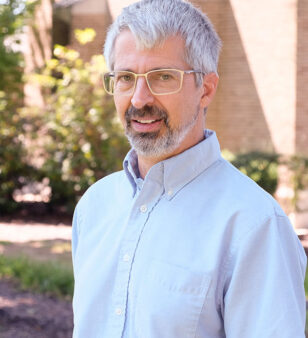

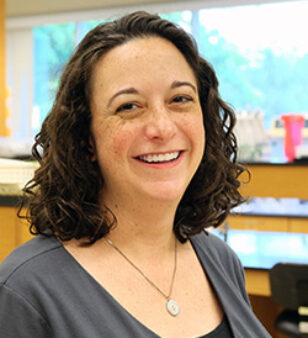
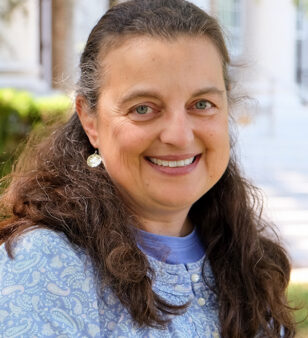

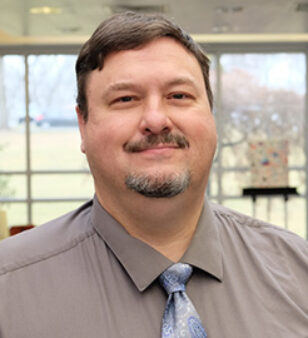



- School of Adult and Graduate Education
- sage@cedarcrest.edu
- P: 610-740-3770
- Traditional Admissions
- admissions@cedarcrest.edu
- P: 800-360-1222
- F: 610-740-3780